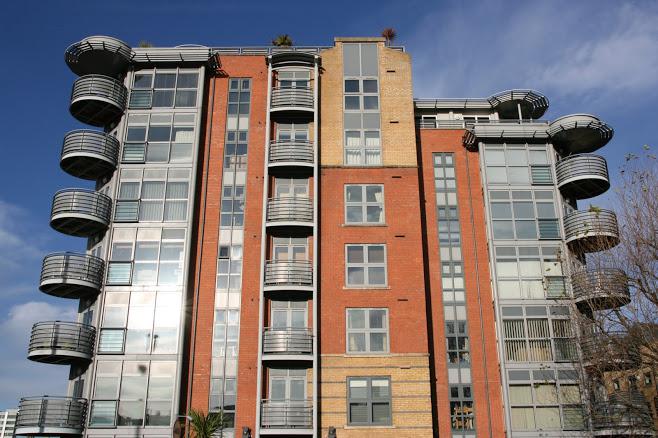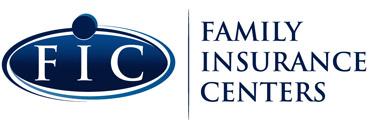Should You Consider Landlord Insurance for Your Rental?

If you own any type of rental property, even if this property is a single-family home, then you should consider purchasing landlord insurance. While this type of insurance isn’t legally required, you may want to have it for asset protection. Here is more information about landlord insurance, who should get it, and what protections it has.
What Is Landlord Insurance?
Landlord insurance is specialized insurance designed to protect you from losses occurring on your rental property. Landlord insurance is specifically designed to protect you against damages and liability that typically arise out of renting out homes, condominiums, or other types of units.
What Is the Difference Between Landlord Insurance and Homeowner’s Insurance?
Homeowners insurance does not cover rental property except when you either live in the home or only rent it out irregularly. If your property is solely used as a rental on a regular basis, then you may not even qualify for homeowners insurance for that property. Umbrella insurance will also not likely cover your rental if you don’t also have landlord insurance.
What Does a Typical Landlord Insurance Policy Cover?
Landlord insurance typically covers many of the same types of liabilities that homeowners insurance covers for your personal residence. Here are some examples of what landlord insurance covers, though policies vary between companies.
Liability
You will be covered if any of your tenants, prospective tenants, and visitors to your property are injured due to your negligence. You may even be covered if your tenant’s pets, or activities that you are aware of or allowed, cause serious injuries to others.
Property
Landlord insurance will likely cover your building for weather-related damage, break-ins, gas leaks, or natural disasters. Landlord insurance may also cover you for structural damage done by tenants under certain circumstances. You could also be covered if your maintenance equipment is damaged or stolen.
Loss of Income
If your property is damaged to the point where you cannot rent it out, or your tenants are forced to leave, then you may also be protected against your potential loss of income until you can make the building habitable again.
On top of the three basic types of coverage listed above, you may be able to purchase additional insurance to cover problems unique to the rental property location.
What Is Usually Not Covered by Landlord Insurance?
Landlord insurance may cover some types of tenant-caused structural damage, but will not cover a tenant’s personal belongings. You may also not be covered for any equipment damage or breakdown or if you have to travel to a tenant’s home for an emergency call. Certain perils, such as flooding, may also not be covered without additional, optional, coverage.
Landlord insurance won’t cover you if your primary dwelling is in the same building. If you share your property with your tenants, then you may want to make modifications to your homeowner’s insurance to cover the extra liability and damage potential.
What Other Options Are Available to Landlords?
One way to reduce your potential losses is to require your tenants to have renters insurance with certain provisions and limits. For example, you can require that the tenant’s policy cover structural damage to the unit as well as personal liability for pets, children, and visitors. You can add this condition to your lease and require that the tenant show proof of insurance before renting.
Whether you are renting out a single home or hundreds of units, landlord insurance can help you protect your assets from damage and lawsuits. Policies vary from company to company, so work with your agent to get the best insurance package possible.
We at Family Insurance Centers have experienced agents who can find the best policy for your rental. Call or contact us online for a quote to get you started.
